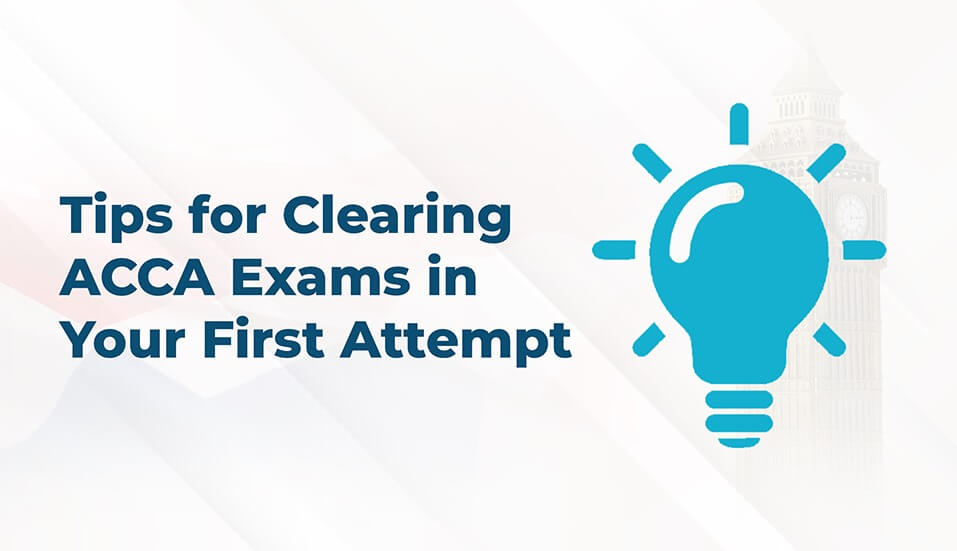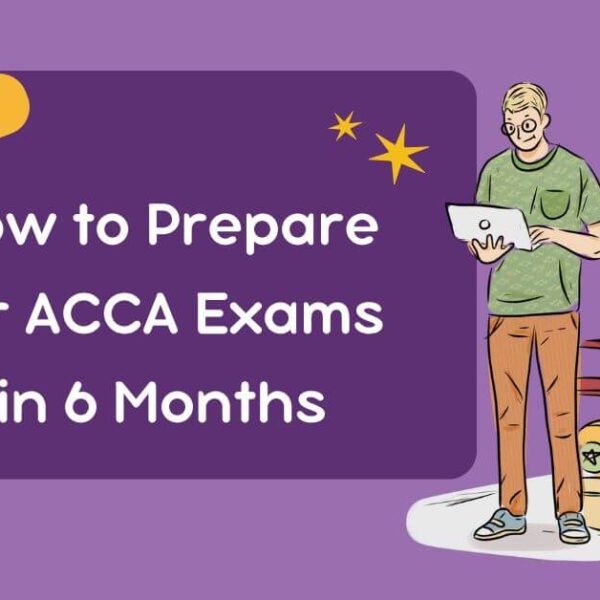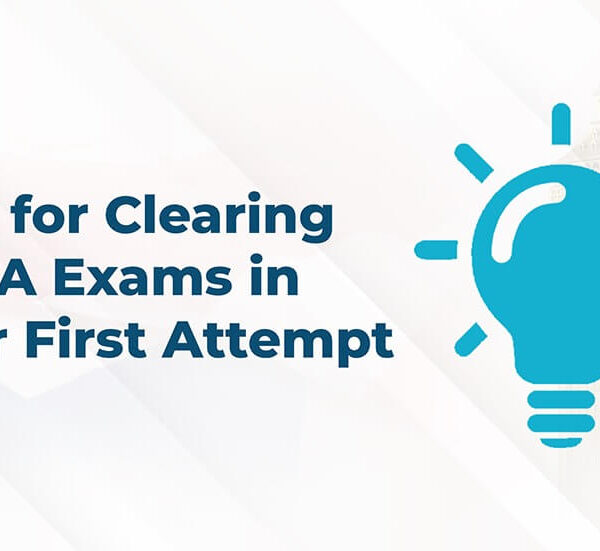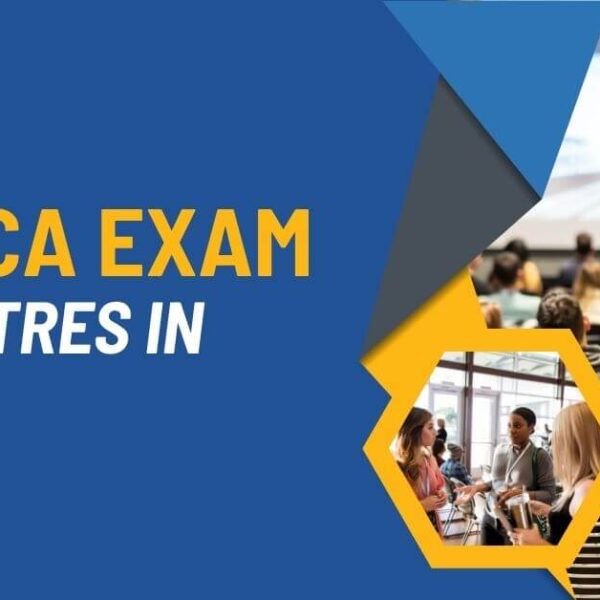Successfully passing ACCA examinations on the first attempt significantly reduces both the time and cost of achieving qualification. Understanding how to clear ACCA in the first attempt requires strategic preparation, disciplined study habits, and effective examination techniques.
Understanding Examination Requirements
The foundation of examination success lies in thoroughly understanding what each paper requires. ACCA examinations assess not just knowledge recall but application, analysis, and evaluation skills.
Each paper has specific focus areas and examination formats. Applied Knowledge and Applied Skills papers typically combine computational and written elements, while Strategic Professional papers emphasise scenario-based application and professional judgement.
Carefully reviewing the ACCA syllabus for each paper helps identify core topics, potential overlap between subjects, and areas requiring deeper understanding. This understanding shapes effective study approaches tailored to each examination’s requirements.
Strategic Study Planning
Successful first-time passes begin with comprehensive study planning:
Start Early and Pace Consistently Allocate 8-12 weeks of preparation time for each examination, depending on complexity. This allows for thorough coverage, revision, and practice without last-minute cramming. Consistent daily or weekly study sessions prove more effective than intensive but sporadic efforts.
Create a Structured Study Schedule Develop a detailed study plan dividing the syllabus into manageable sections. Allocate proportionally more time to challenging topics while ensuring comprehensive coverage. Include regular revision sessions to reinforce learning.
Balance Theory and Application Dedicate time to understanding underlying concepts before attempting practice questions. However, ensure theoretical learning is balanced with practical application through regular question practice to develop examination techniques.
Integrate Regular Self-Assessment Include milestone assessments in your study plan to evaluate progress and identify areas needing additional attention. This helps recalibrate your approach before examination day.
Effective Study Techniques
Adopting proven study approaches enhances learning efficiency and retention:
Active Learning Methods Engage actively with material through techniques like creating summary notes, teaching concepts to others, and developing mind maps or diagrams. These approaches promote deeper understanding compared to passive reading.
Strategic Question Practice Begin with practice questions on individual topics before progressing to integrated questions and full examination papers. Analyse incorrect answers thoroughly to understand underlying misconceptions.
Mock Examinations Under Timed Conditions Complete several full mock examinations under timed conditions to build stamina and time management skills. This simulates examination pressure and identifies potential time allocation issues.
Revision Through Past Papers Systematic review of past examination papers reveals recurring themes, question patterns, and examiner expectations. Focus particularly on papers from the most recent 3-4 examination sessions as these reflect current approaches.
Examination Day Strategies
Performance on examination day significantly impacts results:
Time Management Discipline Allocate time proportionally based on mark values, with approximately 1.8 minutes per mark as a general guideline. Use a watch to monitor progress and avoid spending excessive time on challenging questions at the expense of easier marks elsewhere.
Strategic Question Selection For examinations with optional questions, quickly assess all options before selecting those best matching your strengths. Don’t automatically select the first available options without evaluating alternatives.
Quality Over Quantity Focus on providing comprehensive, well-structured answers rather than rushing to attempt all questions superficially. Partial credit for well-executed responses typically exceeds minimal credit for numerous incomplete attempts.
Clarity in Presentation Present answers clearly with appropriate formats (tables, bullet points, headings) where relevant. For computational questions, show workings systematically as these often earn partial credit even with incorrect final answers.
Leveraging Support Resources
Maximise available resources to enhance preparation:
Quality Study Materials Invest in approved textbooks and revision materials from providers like BPP and Kaplan. The structure and examination focus of these resources often surpass generic accounting textbooks.
ACCA Technical Articles Review technical articles published on the ACCA website, which often address challenging topics or common examination weaknesses identified by examiners.
Tuition Support When Needed Consider professional tuition for challenging papers or topics, especially at higher levels. Expert guidance often clarifies complex concepts more efficiently than self-study alone.
Study Groups Participate in study groups for discussion and shared learning, particularly for complex topics requiring different perspectives or approaches.
For Sri Lankan students pursuing ACCA qualification, these strategic approaches significantly enhance first-time pass prospects. While requiring disciplined preparation and effective examination techniques, the rewards of clearing ACCA in the first attempt include reduced qualification costs, faster career progression, and development of lifelong professional learning habits.








